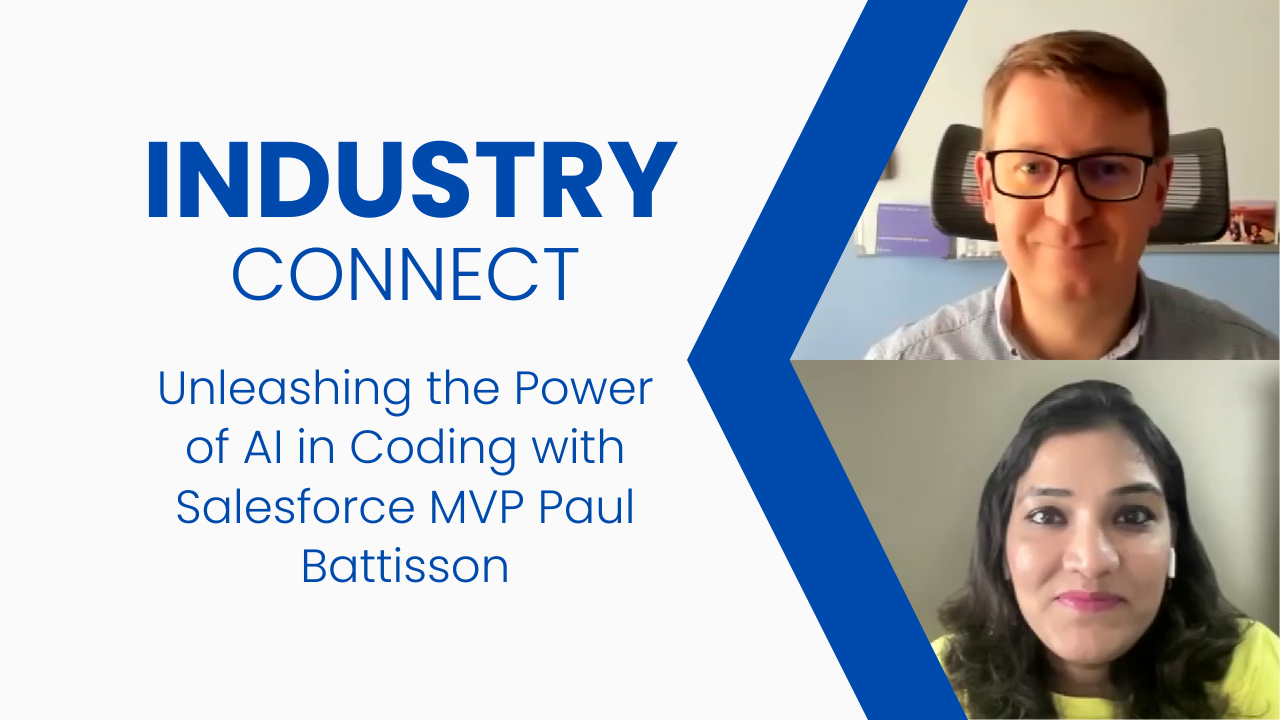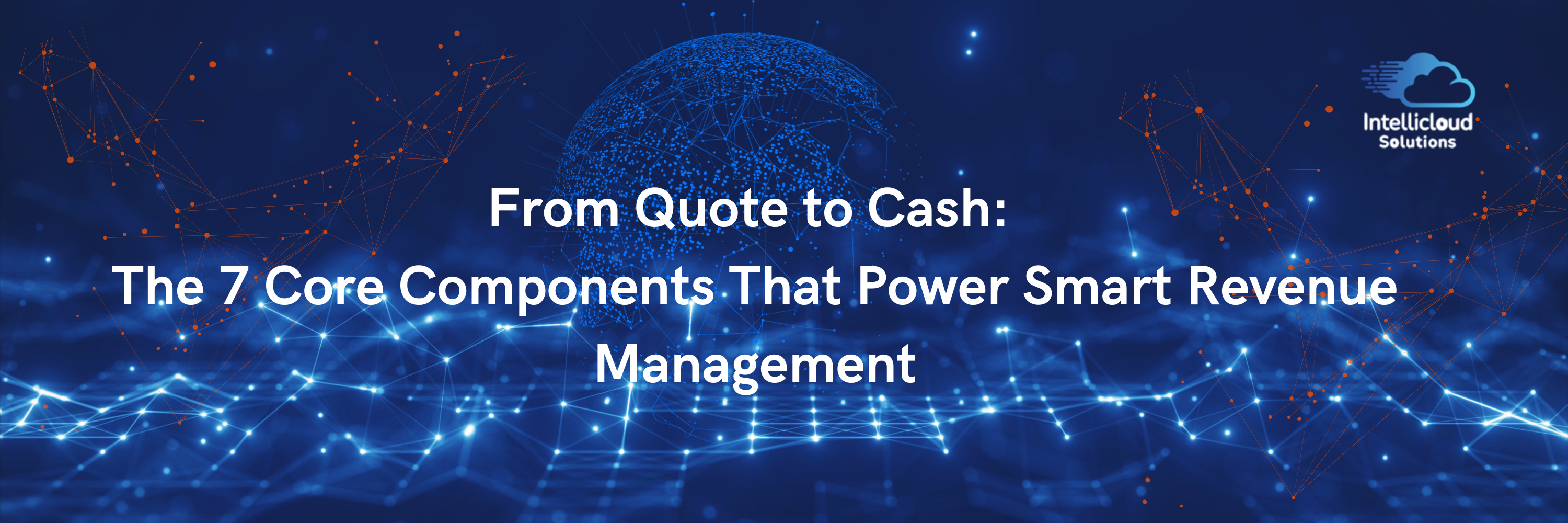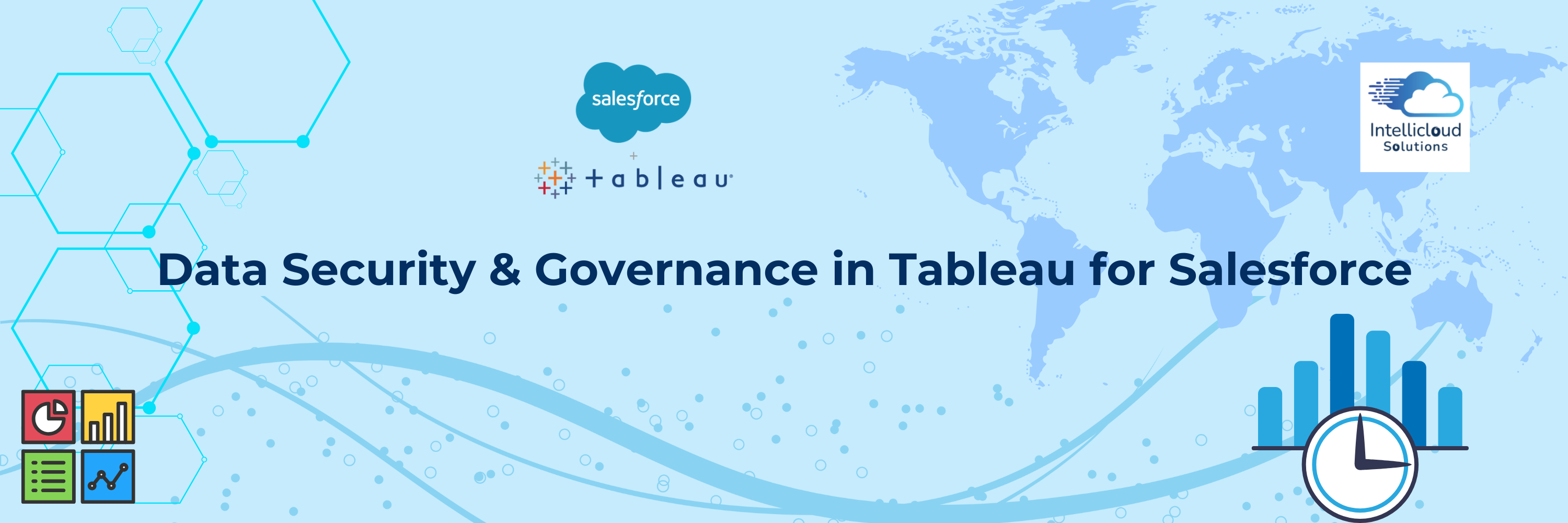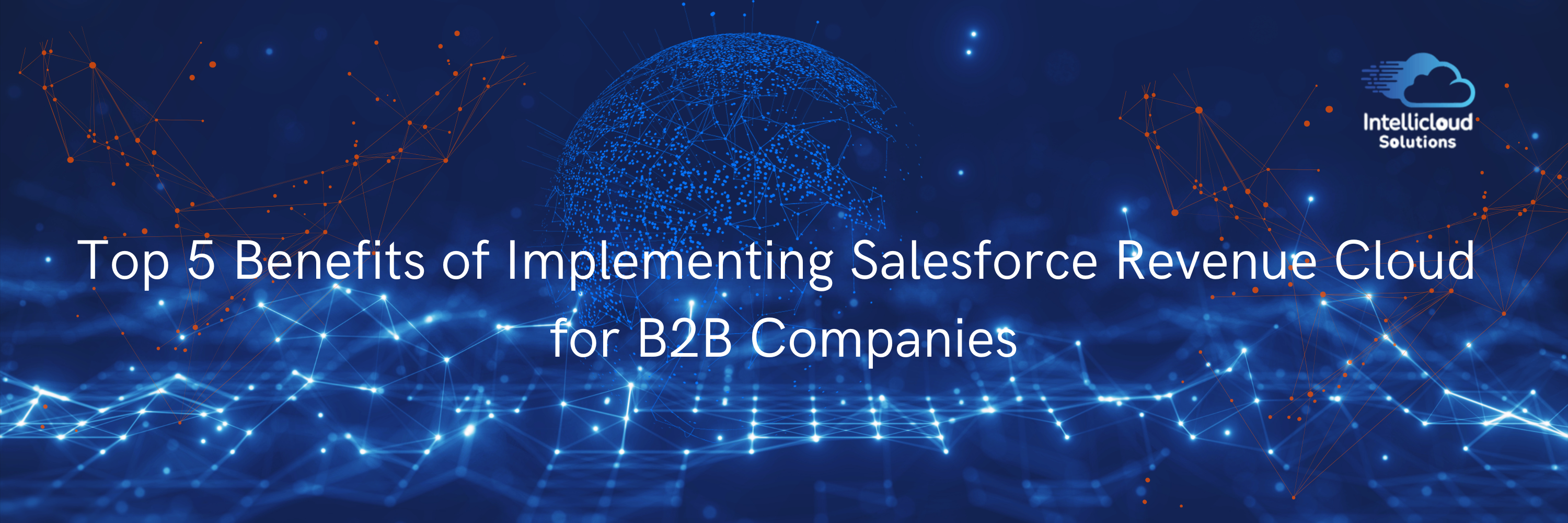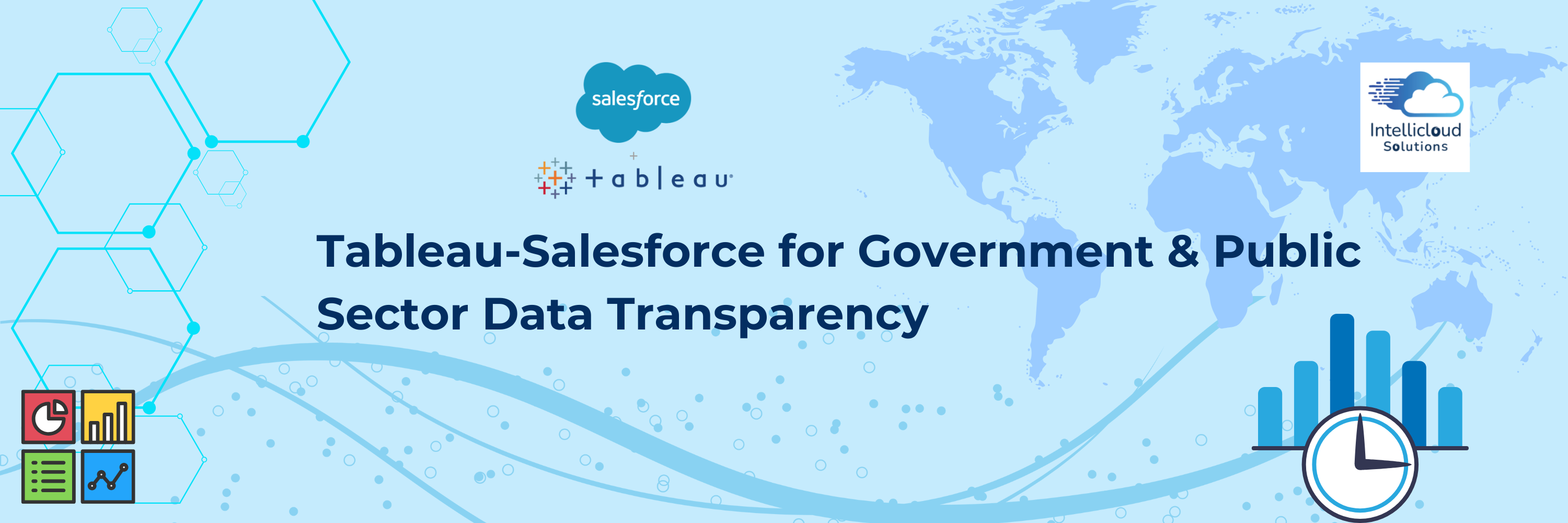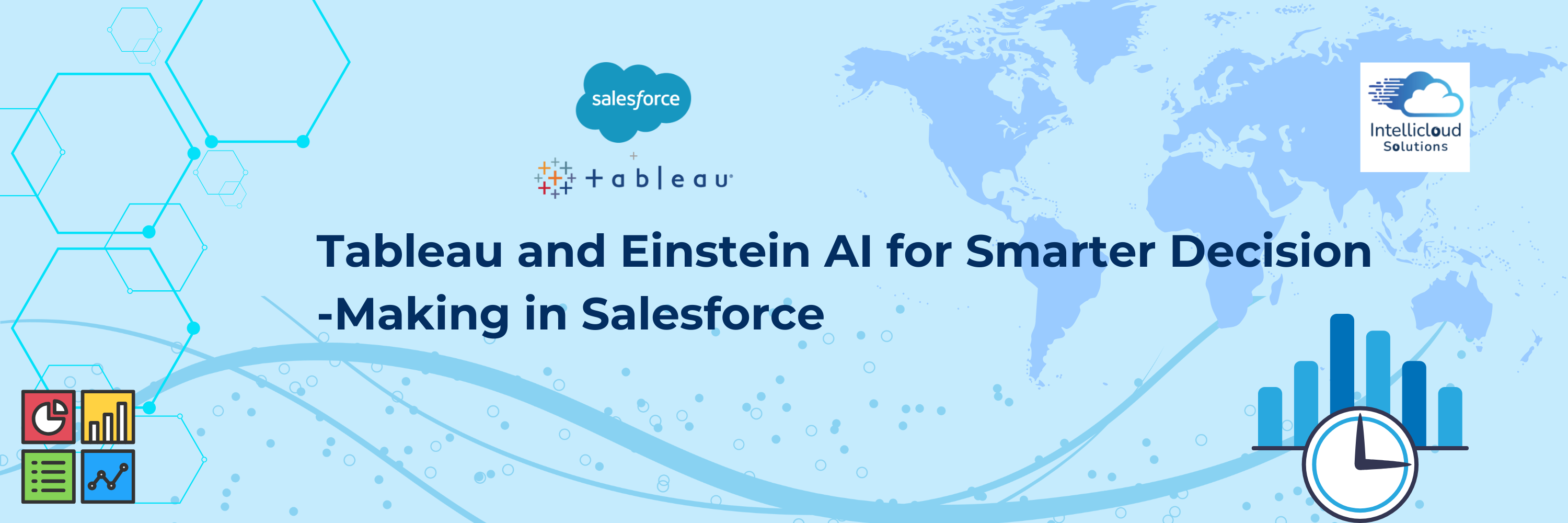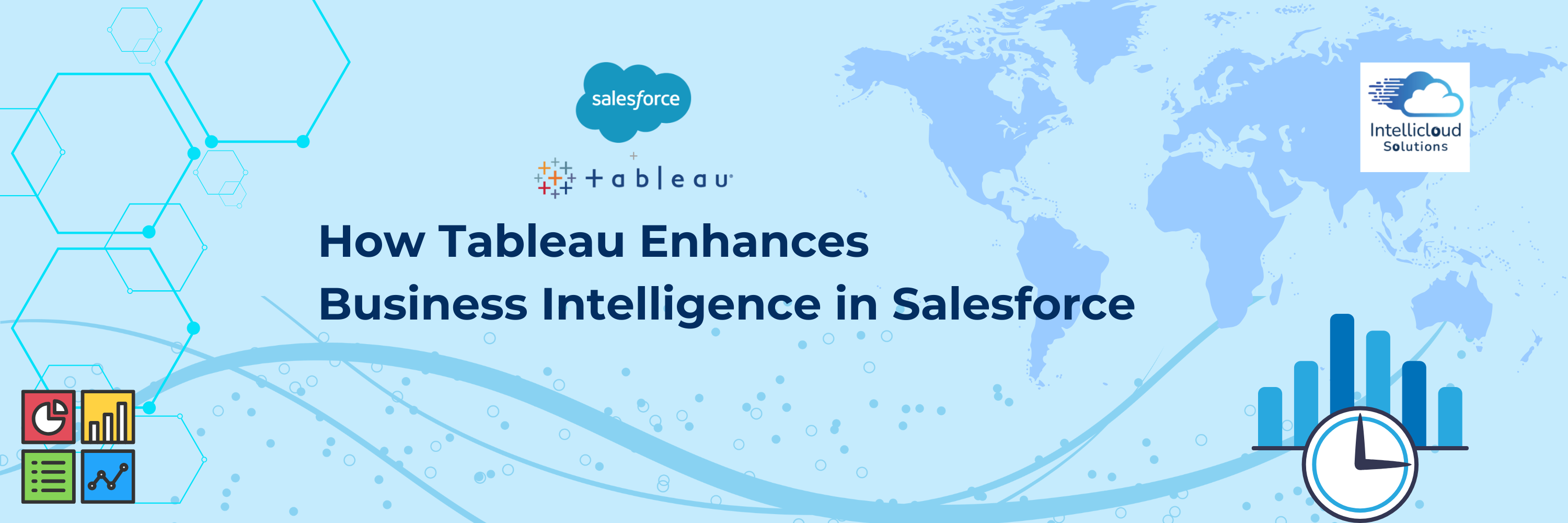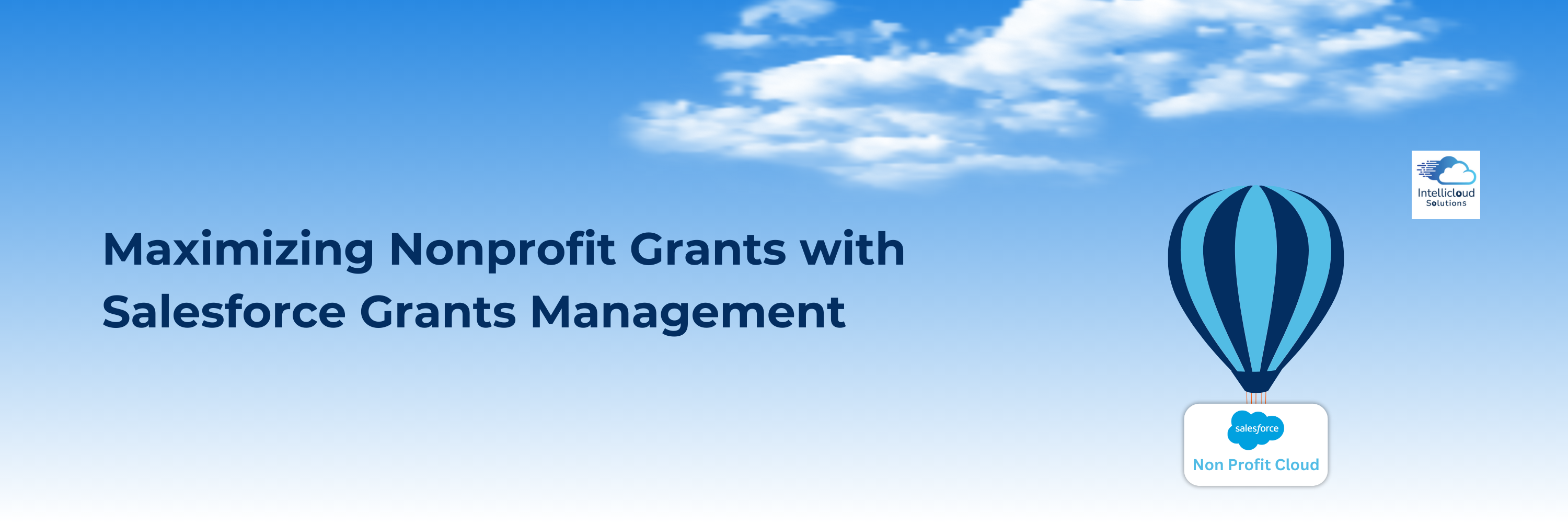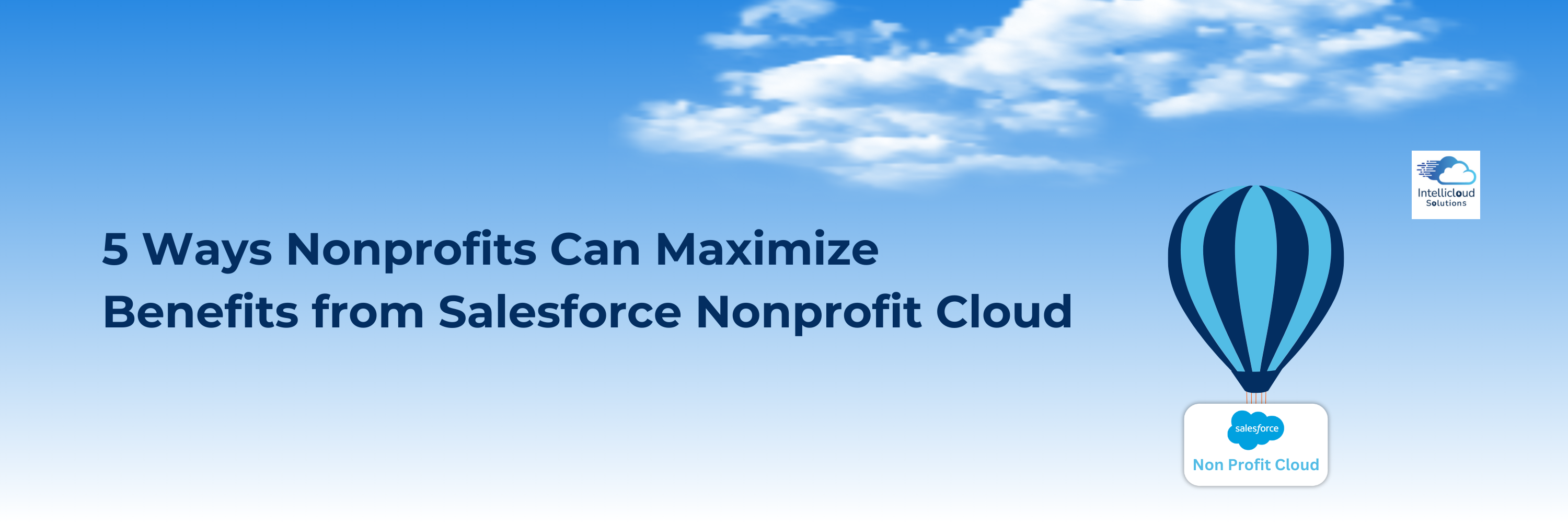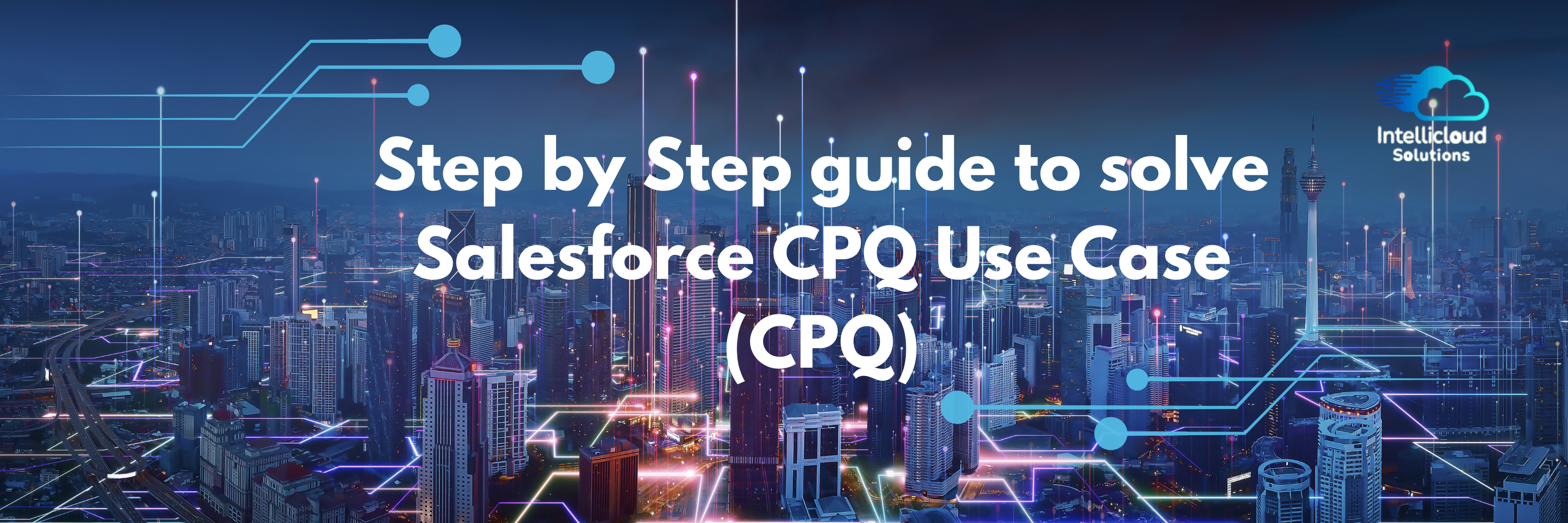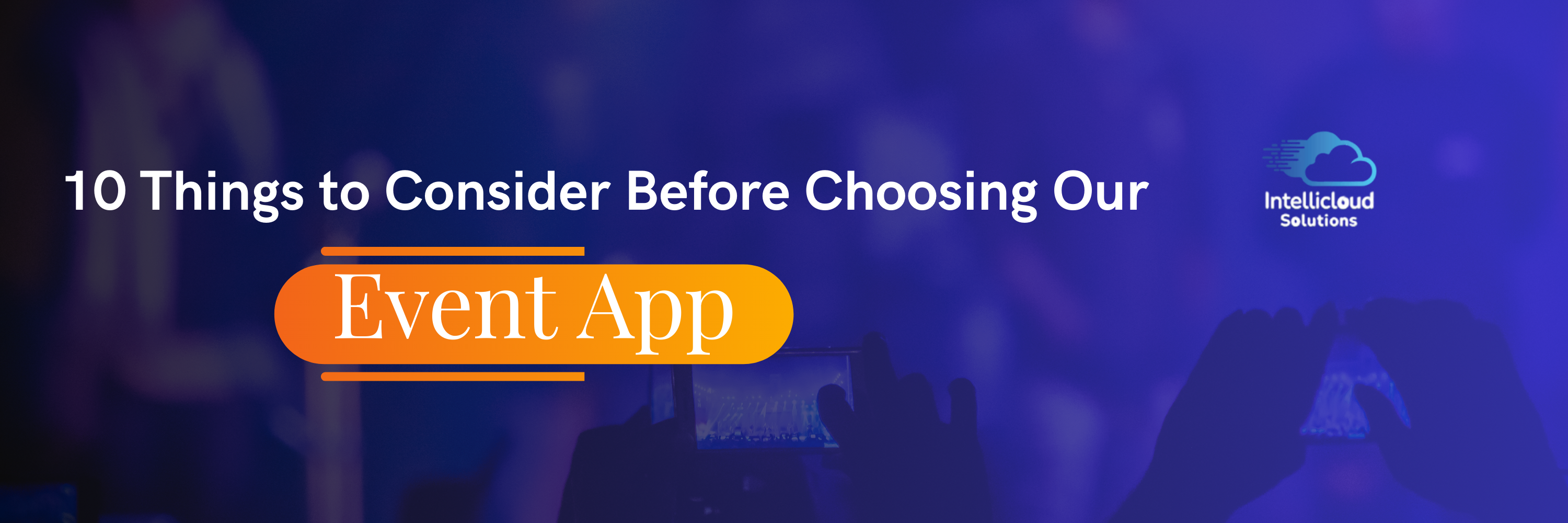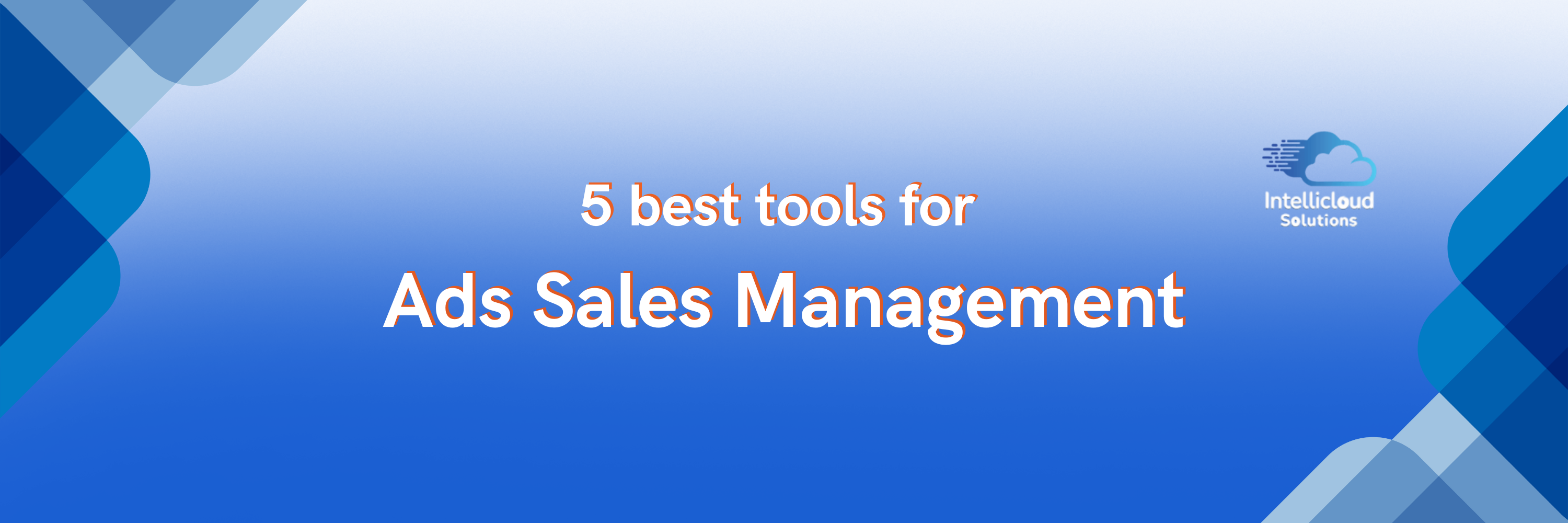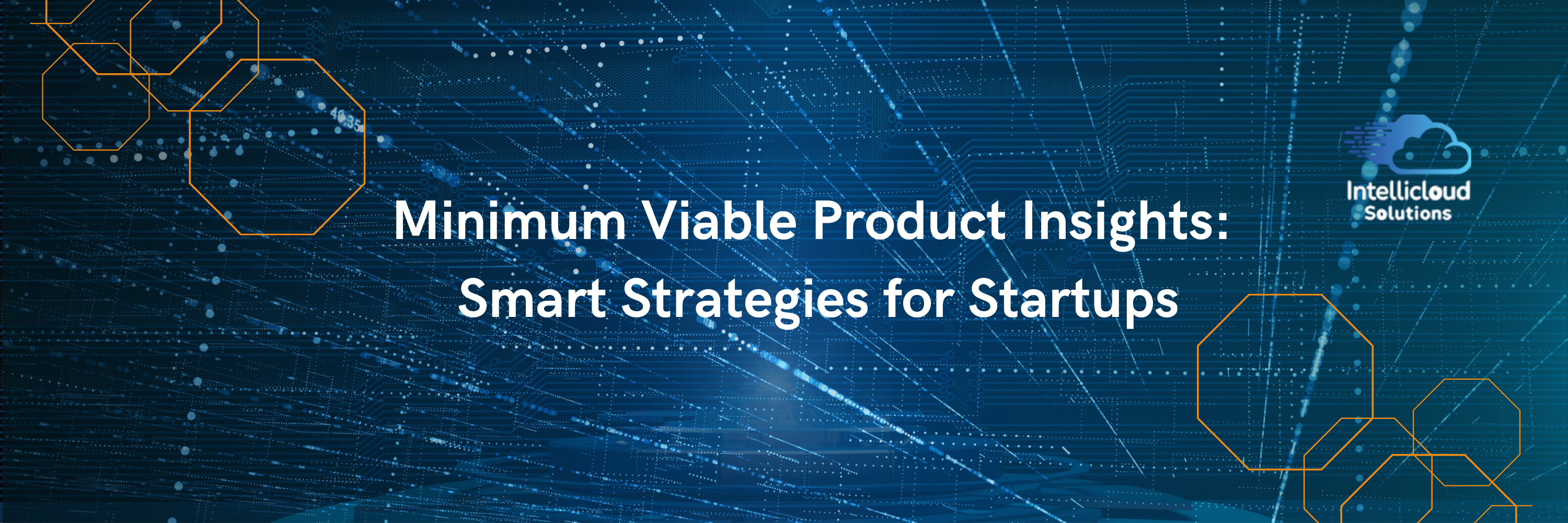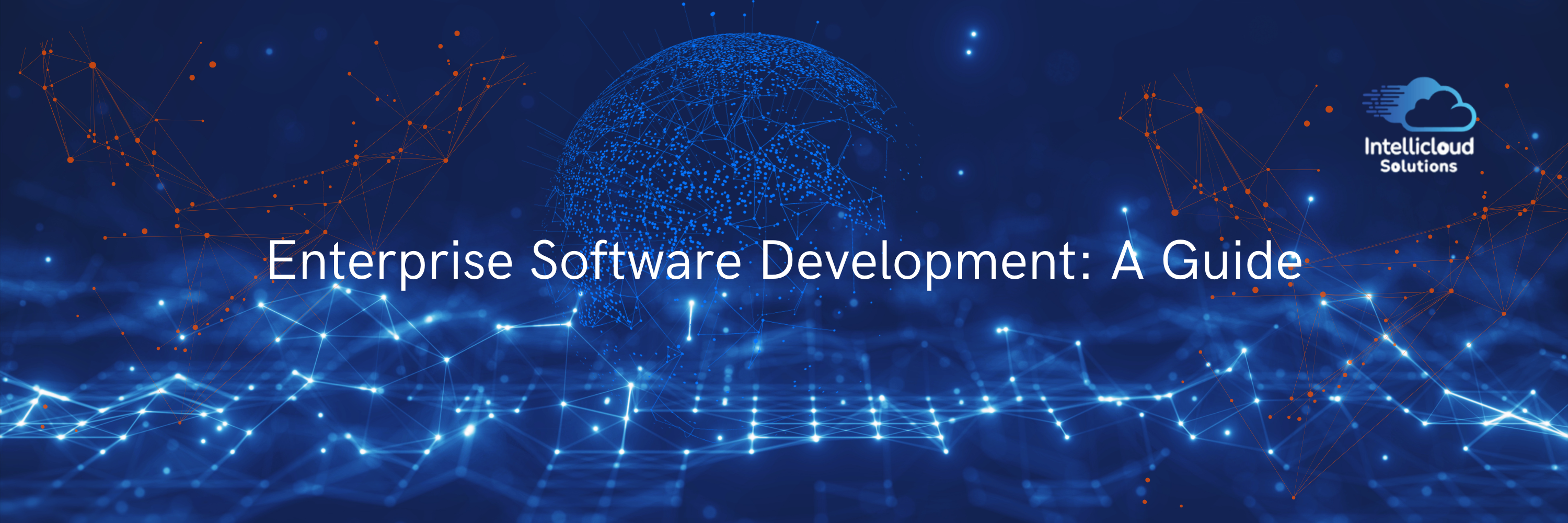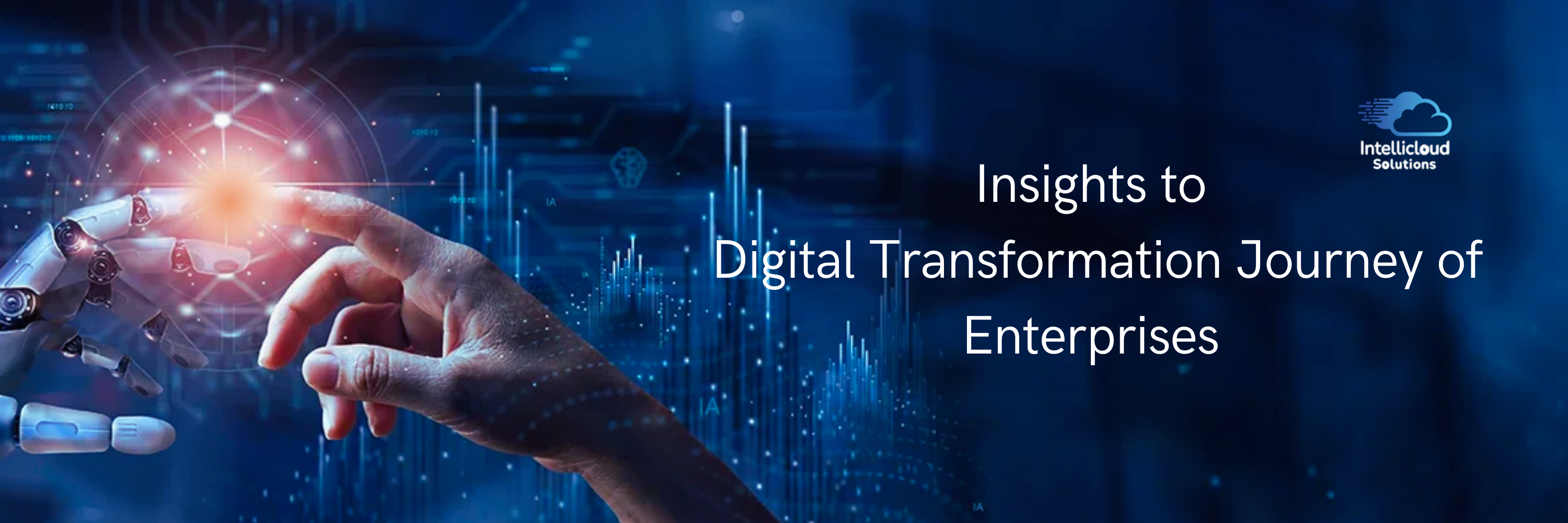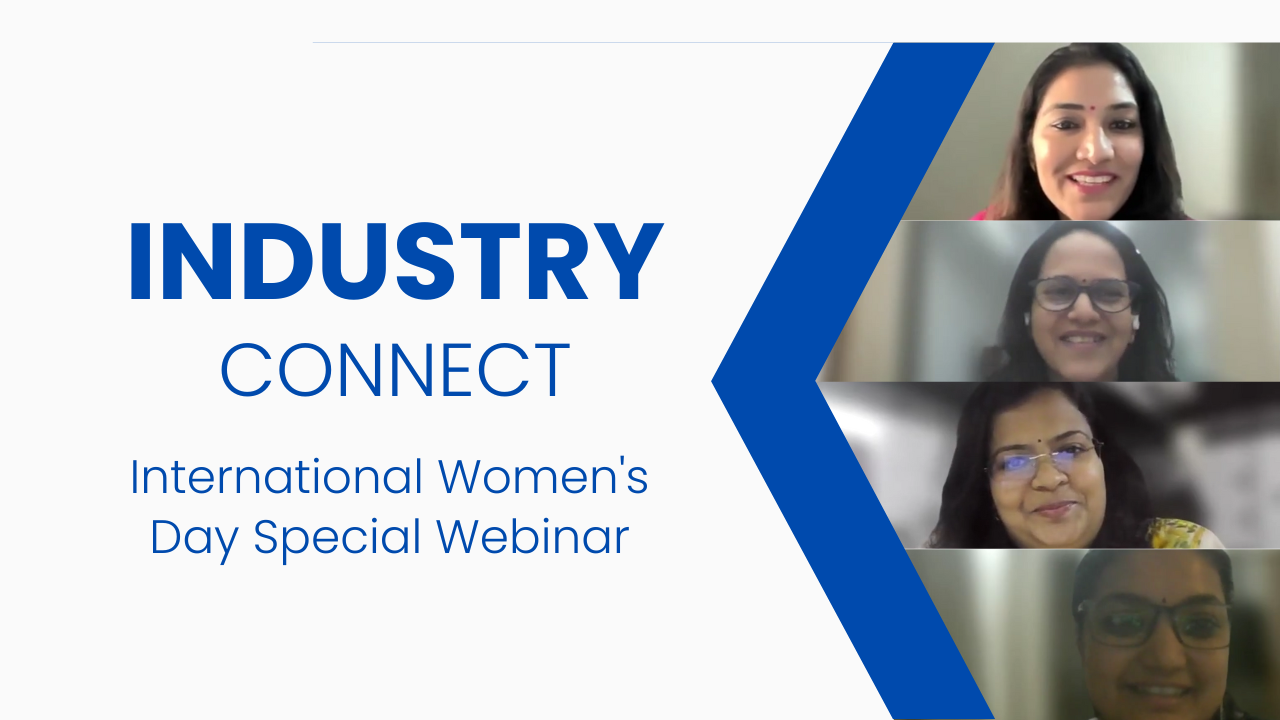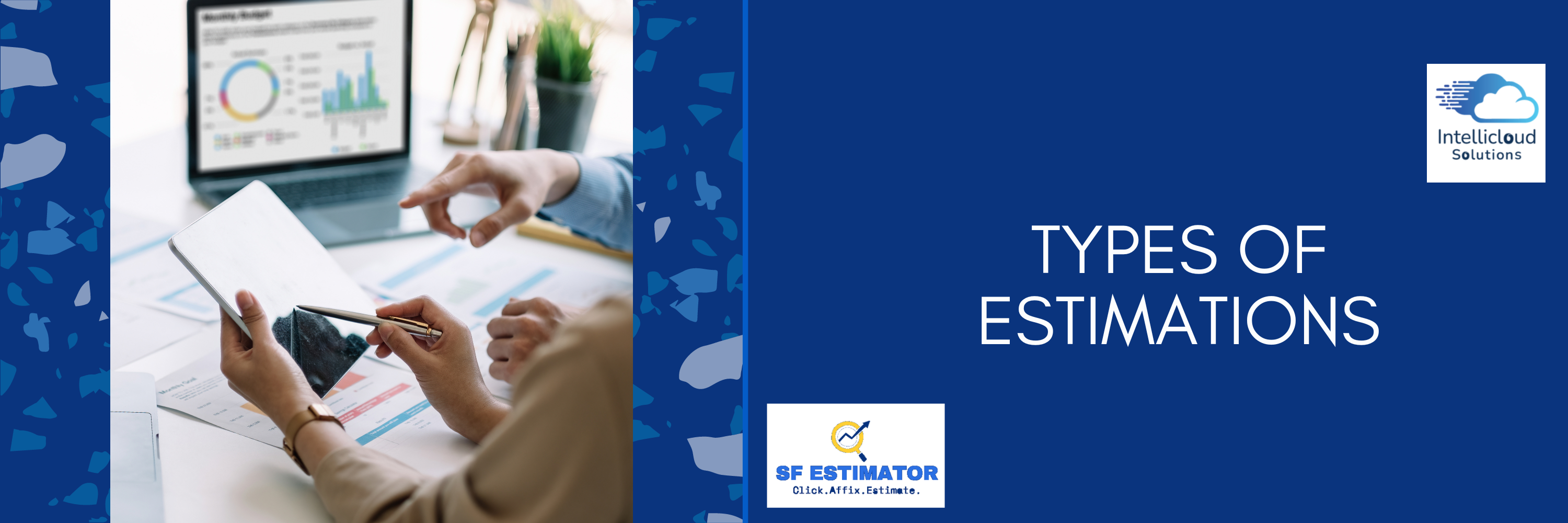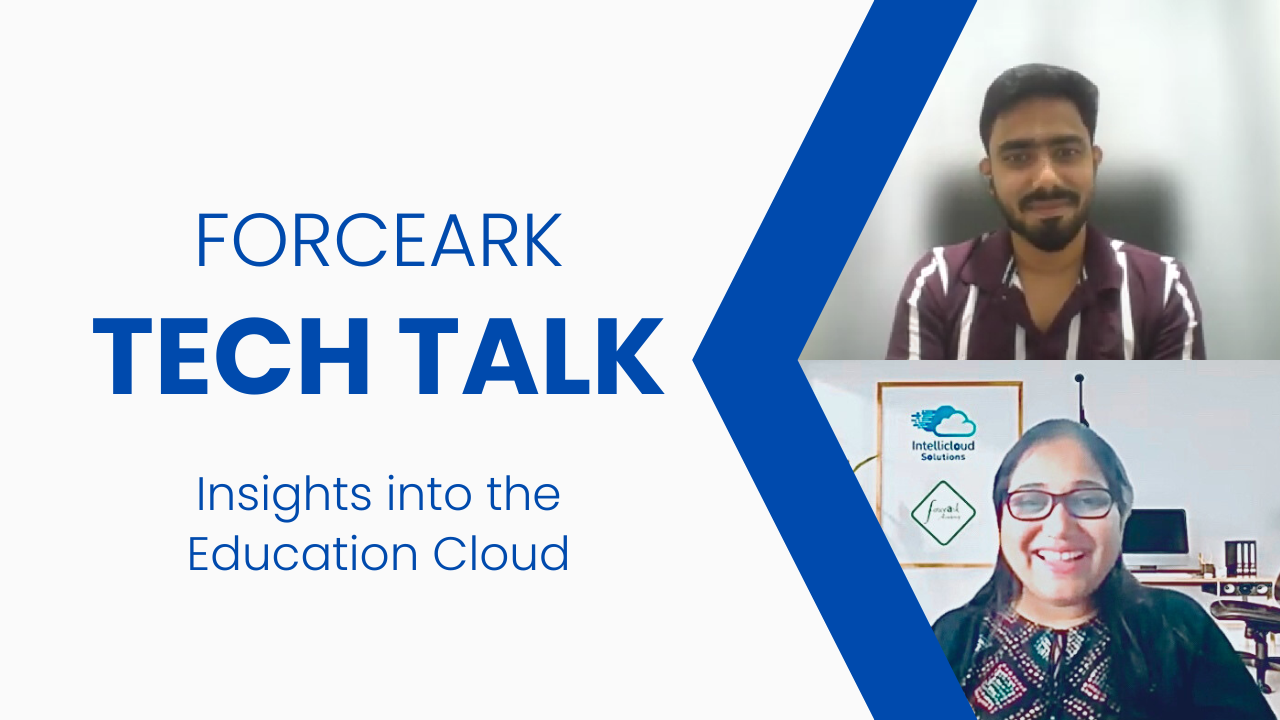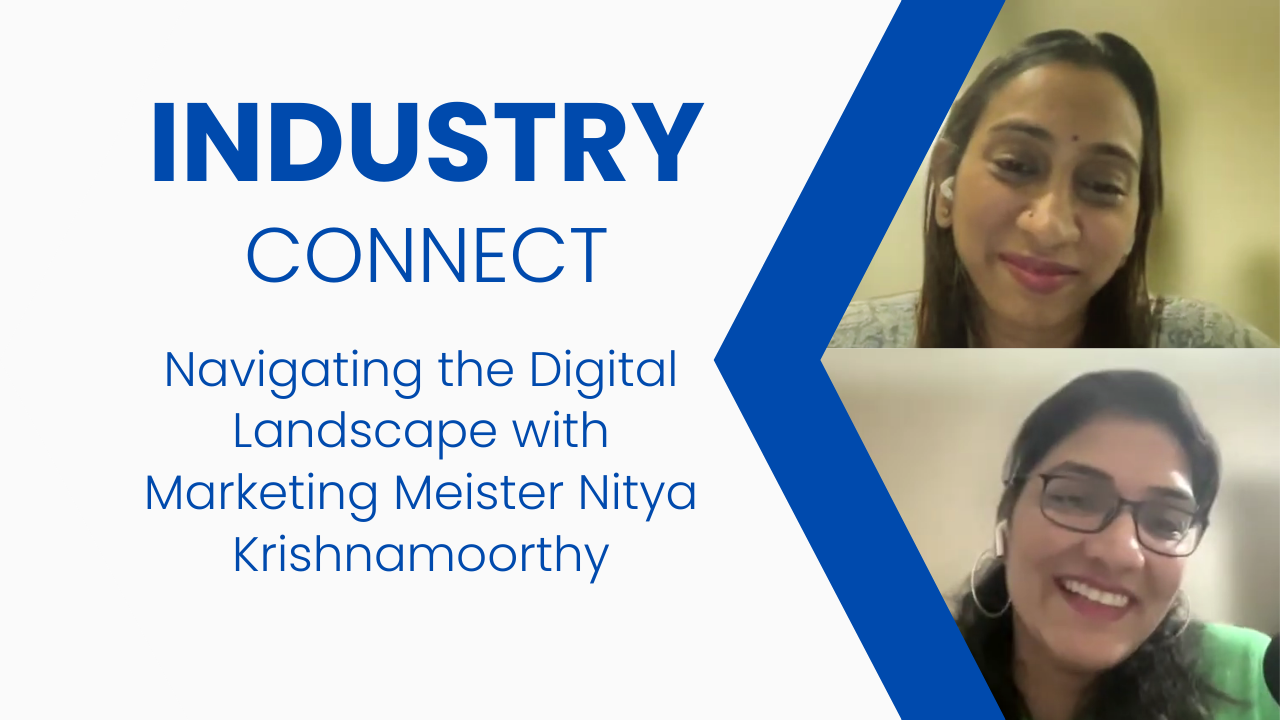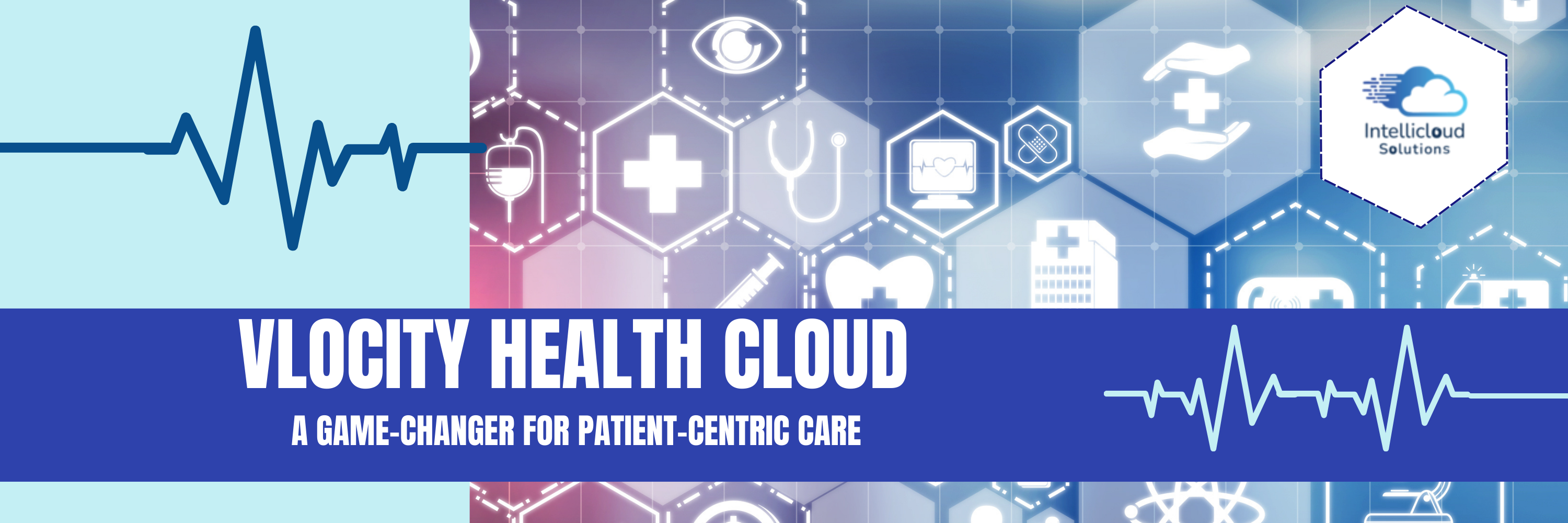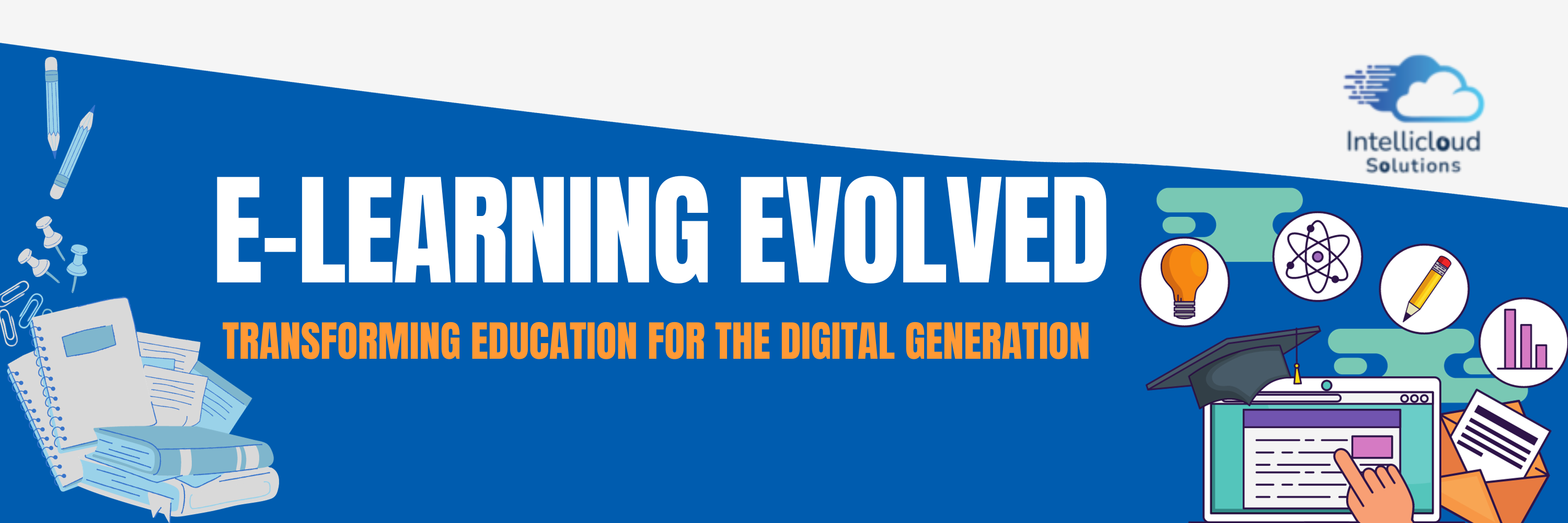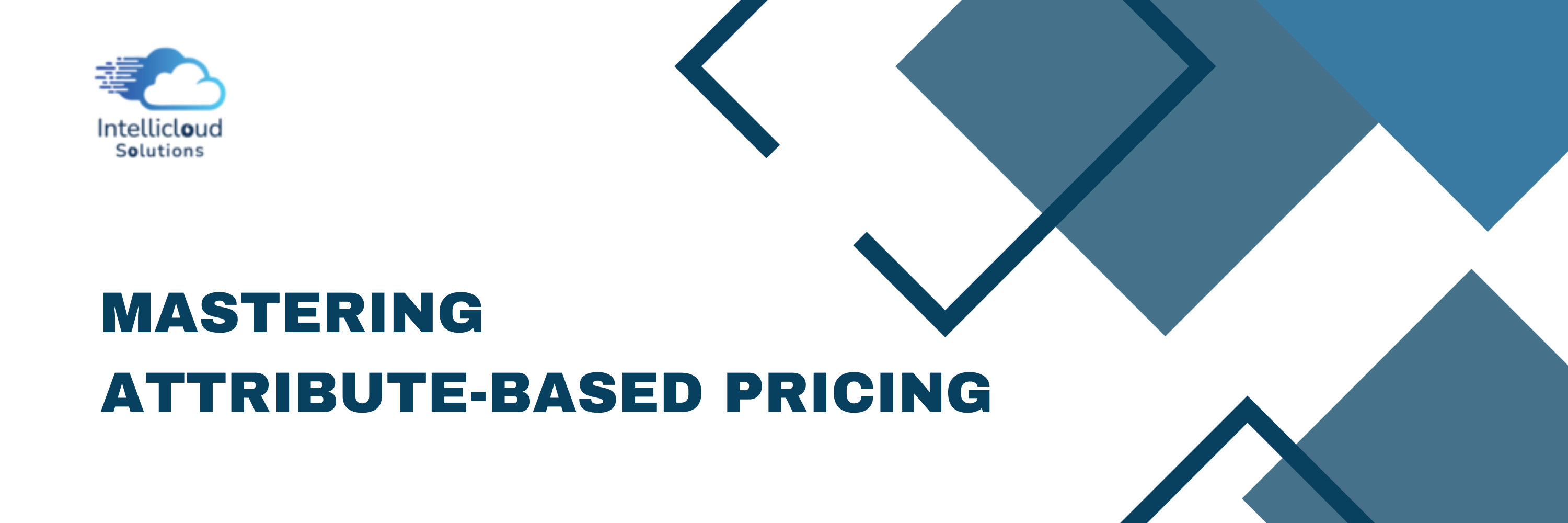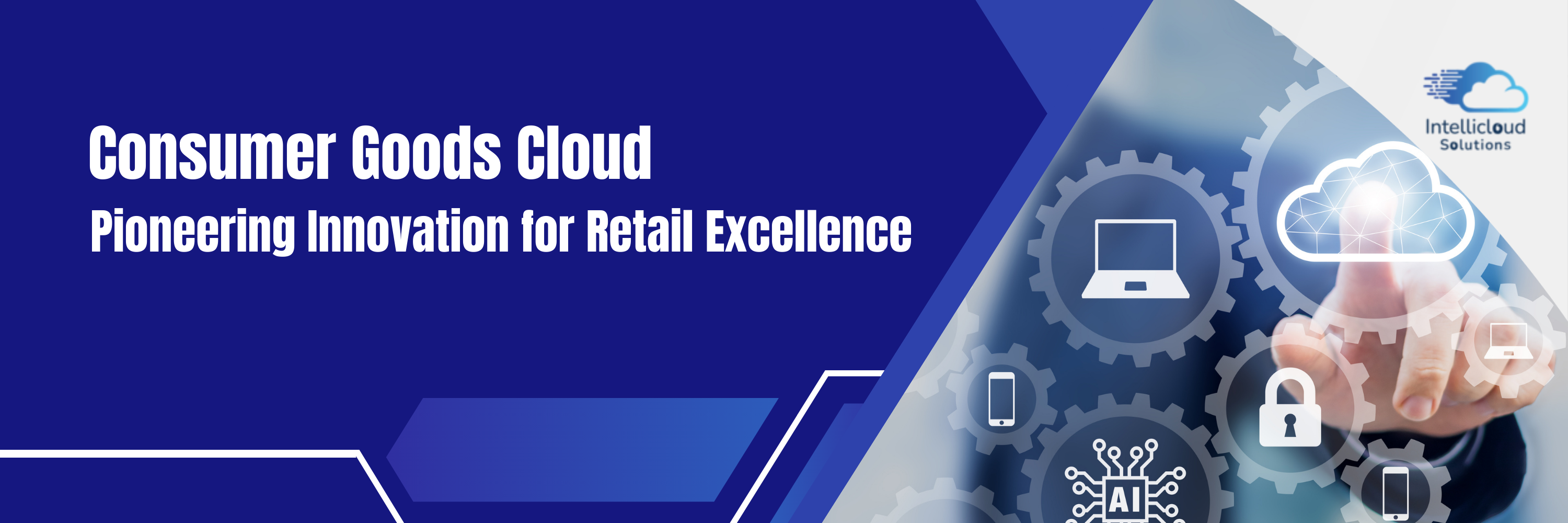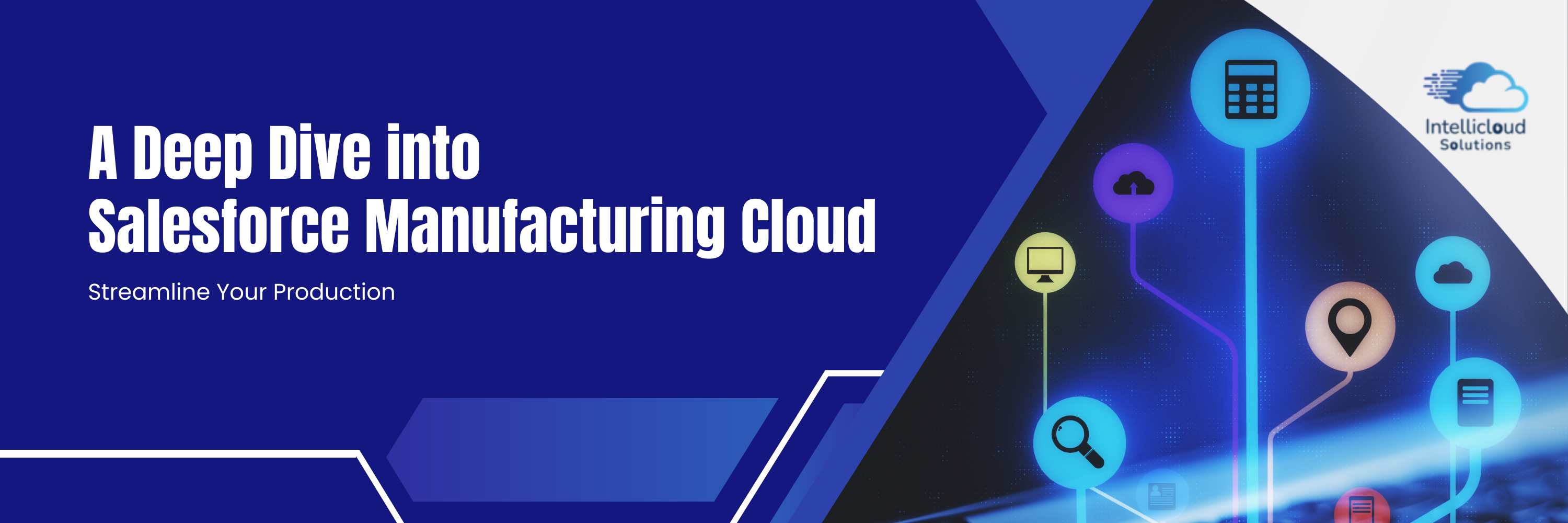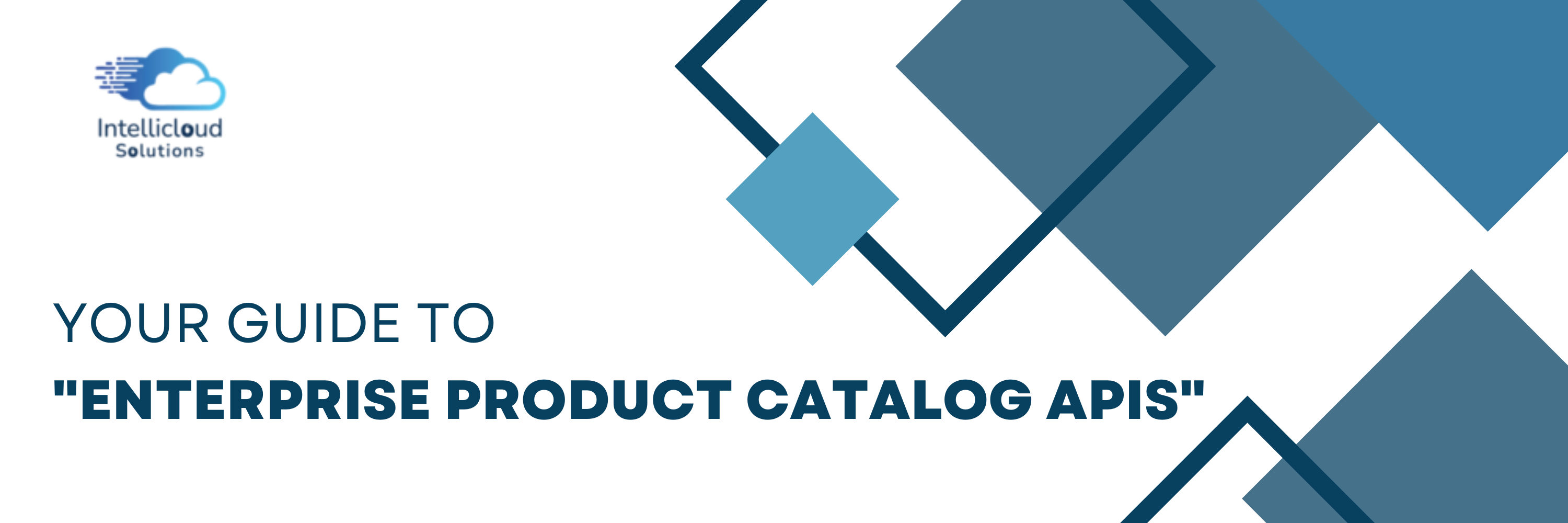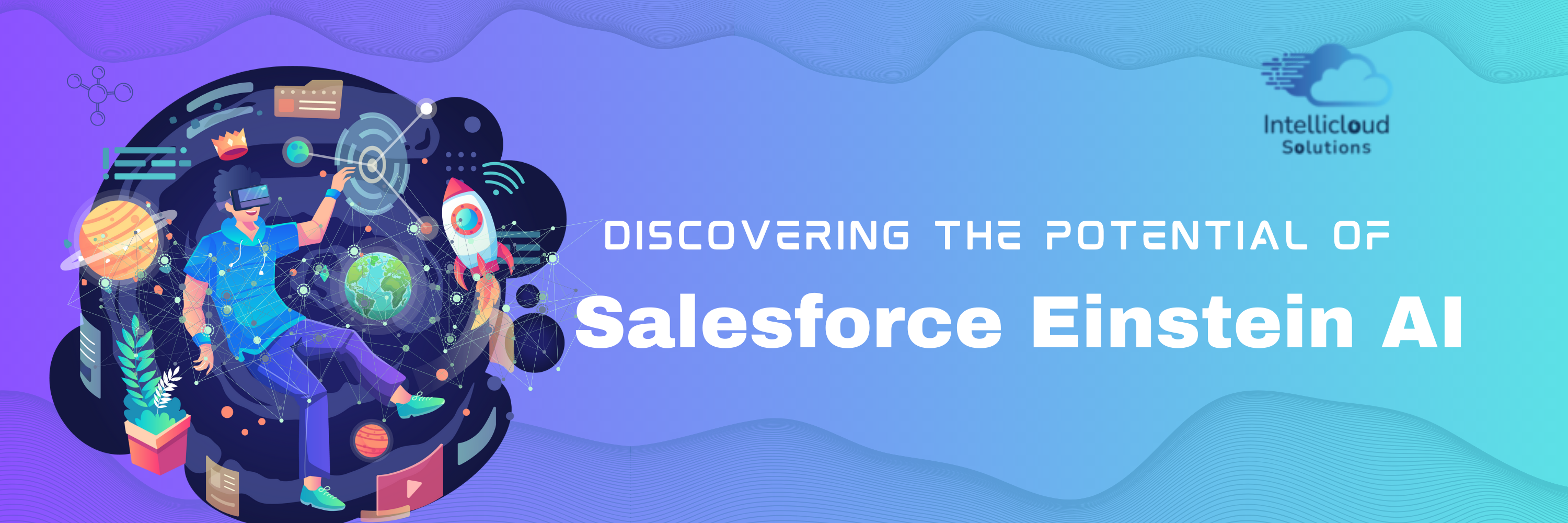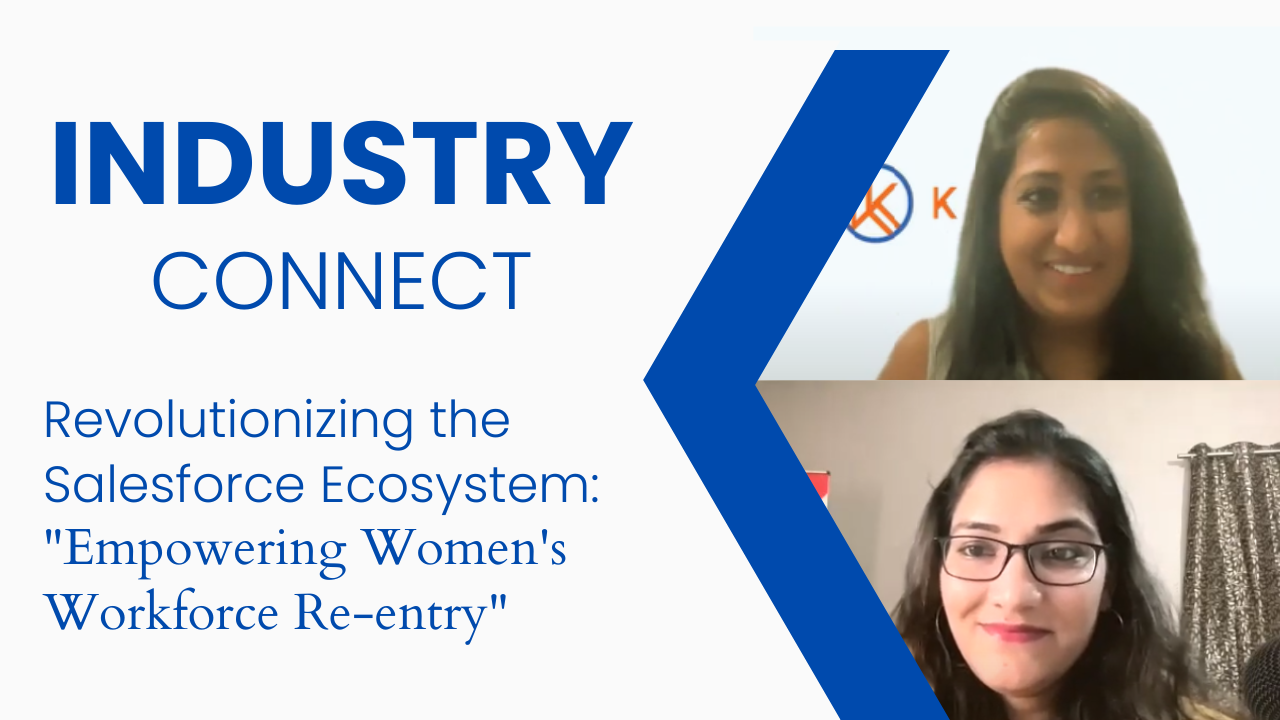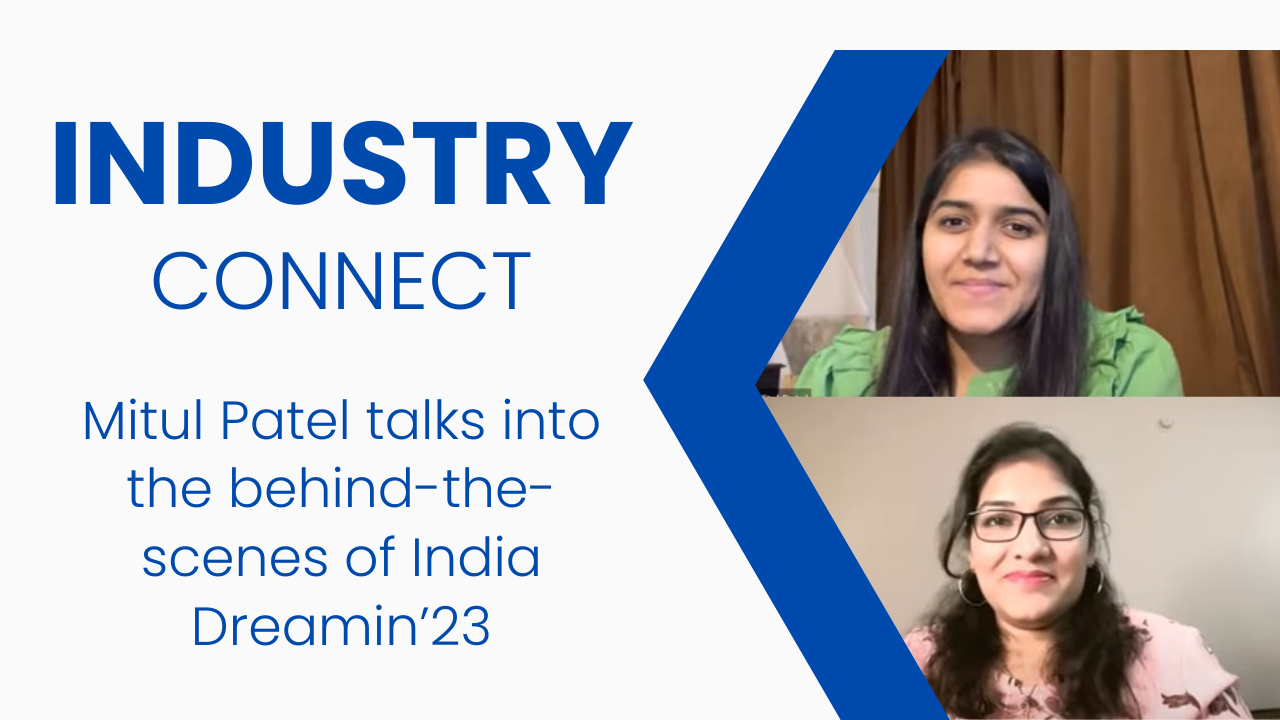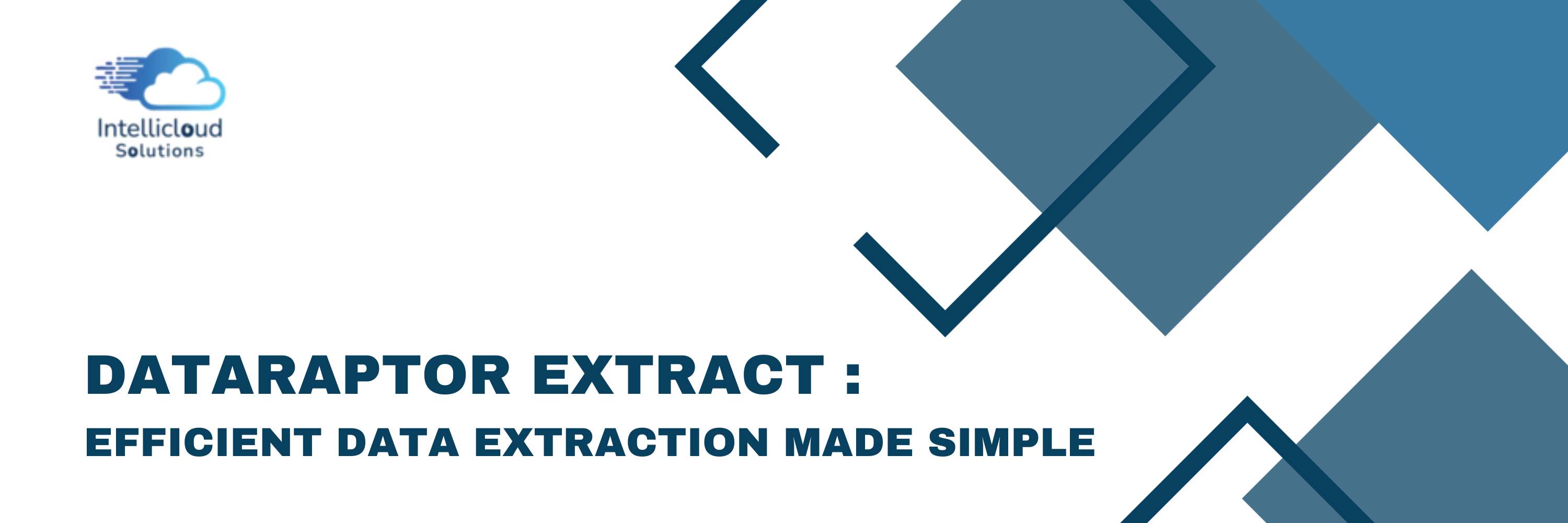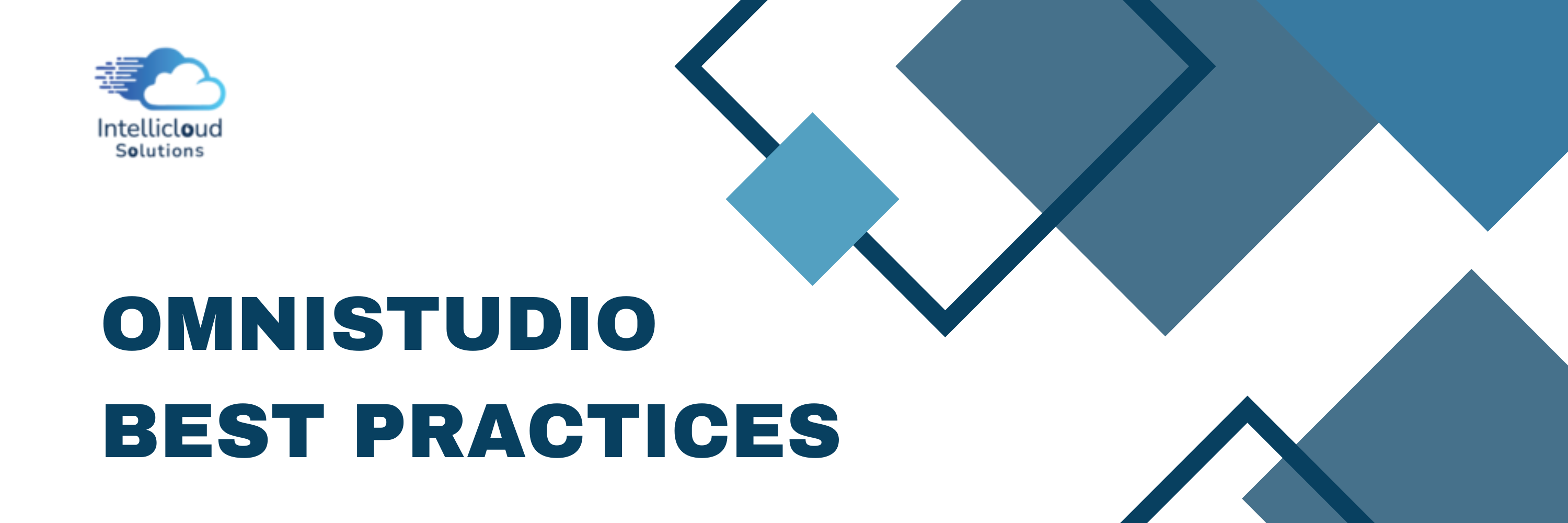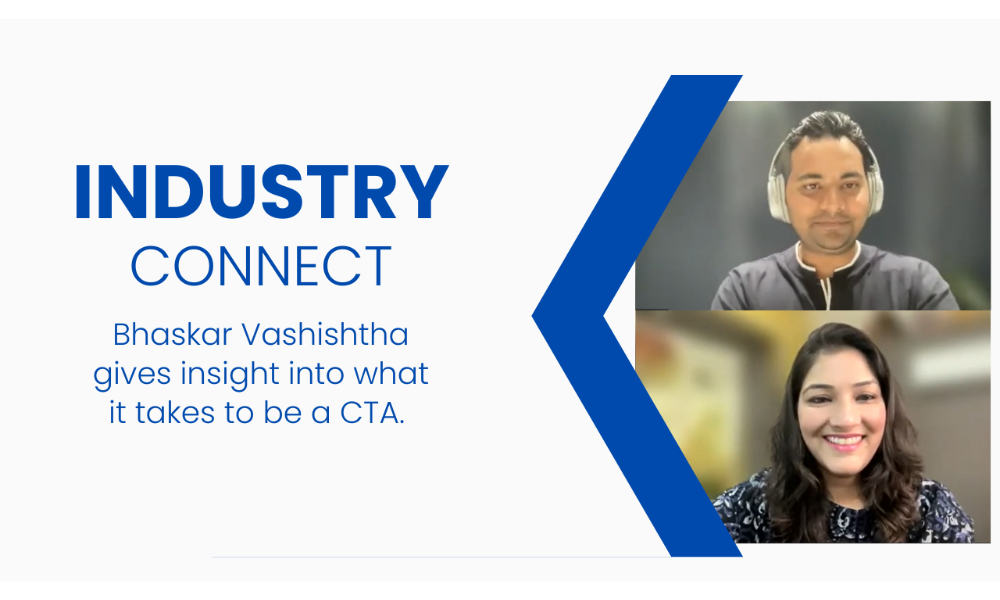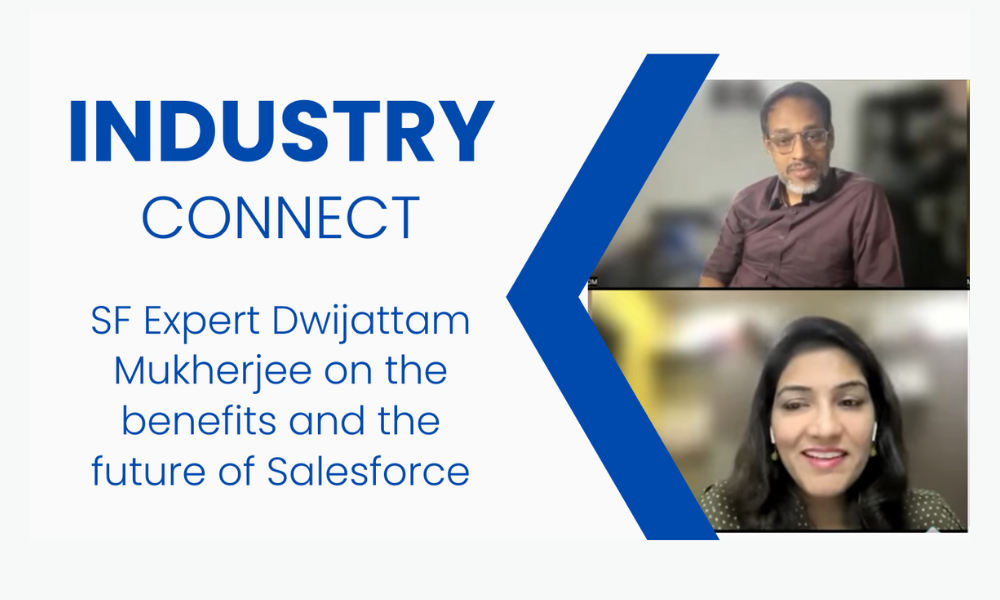Introduction:
The theme of this Industry Connect was "Harnessing the Advantages of AI for Coders". Manika Goyal and Paul Battisson engaged in a conversation delving into the myriad of benefits of AI in coding, drawing from their wealth of experience, particularly in the Salesforce ecosystem. They also gave insights into effective AI utilisation and discussed strategies to enhance one’s coding proficiency.
The Speakers:
Paul Battisson is the CEO and founder of Groundwork Apps, a Salesforce ISV partner. He is a 9 time Salesforce MVP and Hall of Fame member and holds 20 Salesforce certifications. Paul has also authored two books on Salesforce programming and runs the CloudBitesTV YouTube channel.
Manika Goyal is the founder of Intellicloud Solutions, a consultancy focused on Salesforce Industries, SFMC, and other Salesforce products. She is a Salesforce Industries Architect with over 19 years of industry experience. Manika has extensive expertise in Industries CPQ solutions. She comes with 5+ years of experience in PreSales & Technical SF Estimations. She has been working on Salesforce for over 12 years and Industry CPQ for the past 5 years. Manika leverages her expertise in Salesforce technologies and the power of innovation to help organisations leverage technology to reach their maximum potential.
Further Insights into the Session:
1. What has the journey to your current position looked like? (1:05)
Paul says he was inspired by a love for video games, and entered the programming world through Perl. He says his progress stems from his curiosity and eagerness to engage with concepts he found intriguing. This propelled him to his current level of proficiency in programming.
2. How can developers pave their way towards Salesforce? (15:20)
According to Paul, one should become comfortable with configurations and structuring Apex code. Don’t waste your time on excessive writing. He gives the example of how artists or musicians balance creation with research to become better. Begin with resources like Trailhead, Salesforce courses, and Udemy to build a solid foundation. Paul says he personally uses Kevin O’Hara’s triggerpath, and gives the advice of approaching a senior developer and expressing interest in reviewing their work, and later on following up with your own insights on alternative approaches.

3. Do you have to be an admin first to become a developer? (20:50) Paul believes that you don't necessarily need to be a Salesforce admin to become a developer, however having an understanding of the admin tools is crucial. Since Salesforce offers a plethora of tools designed to streamline processes, familiarising yourself with these tools can significantly contribute to improved productivity.
4. How can developers enhance their proficiency in LWC (Lightning Web Components)? (22:48)
Paul is of the opinion that LWC is more accessible due to its visual-based nature. He recommended that to gain experience, one should try to replicate a website, such as Netflix. He says the challenge lies in adopting a component-based mindset while focusing on user experience (UX).
5. What lies ahead for Salesforce coders in the era of generative AI tools? (28:18)
Paul is confident that concern about job security is unnecessary. Since GenAI technology relies on existing information, it lacks the ability to replicate human thoughts and ideas. In collaborative work, individuals have their own unique visions, and aim to achieve mutual satisfaction. This level of understanding and shared vision cannot be reproduced by AI. However he does believe that AI can be a valuable tool in increasing productivity.
6. What specific areas of expertise should a Salesforce developer prioritise? (38:19)
Paul lays emphasis on integrations since almost every company uses them. He tends to prioritise structuring code for reusability and scalability. In his words, “As a developer, think about how you can take what you’ve written and make it reusable and also admin-friendly”. He advises dedicating time to mastering tools like Vlocity, Slack, and DataWeave, and how they are interconnected.

Conclusion:
Nearing the end of the session, Paul was asked to talk about his books. The first book “Mastering Apex Programming” is tailored for beginners in programming and those venturing into the realm of Salesforce. His second book “Learning Salesforce Development with Apex” delves into more advanced topics and is designed for individuals with a minimum of two years of experience in Salesforce. Both books also act as handy reference guides. When asked to provide some parting advice, he calls attention to the significance of community involvement.
Links to Paul’s Books -
First Book - https://www.amazon.in/Learning-Salesforce-Development-Apex-Programs/dp/9355510276
Summary:
The following mindmap is a summary of the whole session. If a detailed session is required, please refer to the link given below:

